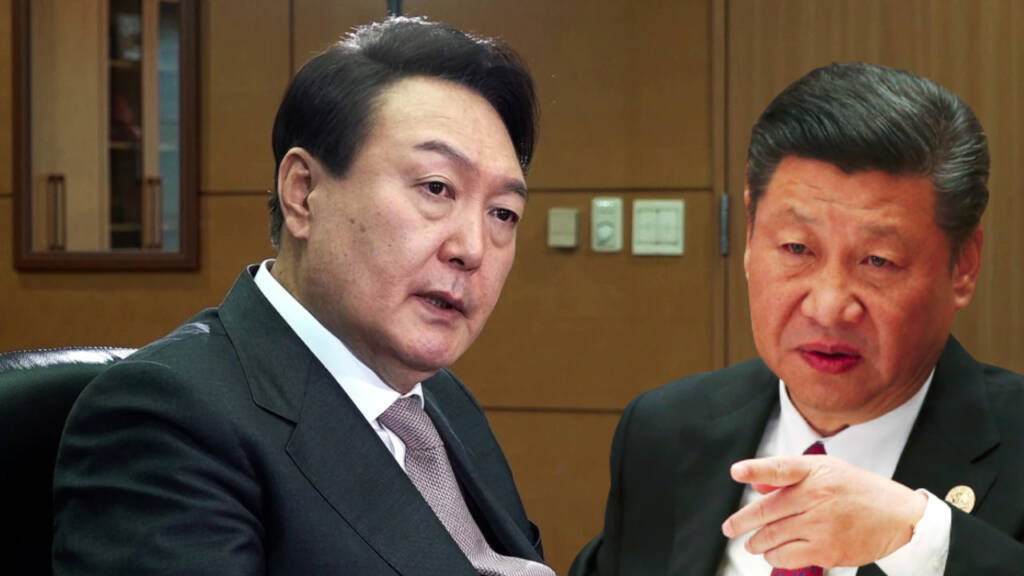COVID-19 outbreak and the US-China trade conflict have amply demonstrated how dependent on China the global supply chains are. This dependence is now giving South Korea real anxiety. South Korean firms have named China as one of the regions where supply chain disruptions are most alarming. And therefore, South Korean businesses publicly claim that China is the largest economic threat to their country.
Widespread trade and economic ties between China and South Korea in contemporary times define their relationship. China is by far South Korea’s largest trading partner; in 2018, China imported items from South Korea worth $160 billion, or 26% of the country’s total exports. In 2018, $107 billion worth of South Korea’s imports arrived from China as well.
South Korea’s deep reliance on China
China is more dependent on South Korea for raw materials and semi-finished products than any other economic giant like US and Japan. In 2020, China accounted for about 29.3% of the material parts imported by South Korea. South Korea’s import reliance is most pressing in four industries crucial to the 21st century, namely the production of semiconductors, large-capacity batteries, rare earth metals, and medical supplies.
In these four industries, its reliance on China is even greater than that of Japan and the US, but the risk was greatest for large-capacity batteries because, in 2020, South Korea imported 93.3% of its supply from the mainland, compared to Japan’s 66.1% and the US’s 43.4%.
You see, manufacturers in South Korea are importing more essential industrial raw materials from China. This pervasive reliance on China’s supply chain has raised growing concerns about how much the expansion of Asia’s fourth-largest economy depends on its next-door giant. According to a study by a significant Korean economic organization, South Korea’s top industrial companies also feel unprepared for a new supply-chain crisis, with many forecasting that the situation would get worse over the course of the rest of the year.
“Demand for cheap Chinese products is so common in Korea,” said a steel industry official. “Some industries could collapse without the supply of Chinese products.”
The vulnerability of supply chain interruption from China was made abundantly plain when, last year, South Korea experienced a diesel exhaust fluid (DEF) shortage as a result of China’s ban on exports of urea, a crucial component of the liquid used to reduce pollution from gasoline engines.
Anti-China sentiments among South Koreans
Even South Koreans view the situation as less favorable to China than before. According to a Pew Research Center survey issued this month, South Koreans’ disapproval of China has hit an all-time high of 80%, up from 62% in 2018.
Seeing this resentment among the South Koreans, recently Beijing’s top envoy to Seoul has urged South Korean media to focus less on negative news against China.
“I hope that South Korean media will look at China with ‘two eyes’, not only focusing on the negative side, but also on the positive side”, said the Beijing envoy.
“The press should play its role well to quash rumors and disseminate truth and become sources of reliable information”, he further added.
Read more: Japan will now help every Asian country to de-Sinicize its supply chains
South Korea has also been making moves to stride away from China. For instance, South Korea is planning to make a formal application to join the Comprehensive and Progressive Agreement for Trans-Pacific Partnership (CPTPP). This trade group is signed by nations from the Asia-Pacific region as well as North and South American economies. The trade bloc will be extremely beneficial to South Korea. The annual gains are projected to be USD 86 billion.
Therefore, China is becoming restless as South Korea decides to sever its links with China and diversify its supply chains and is therefore attempting to calm South Korea by pushing the media to portray positive views in favour of China.
